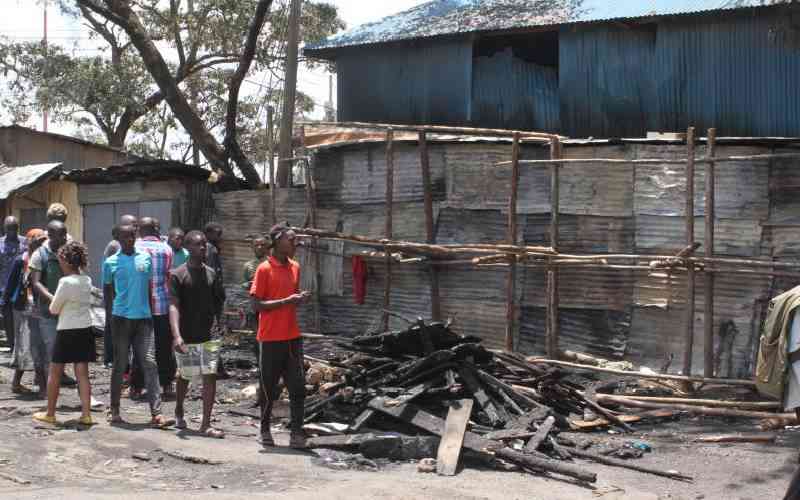
People with no sense of the sacred have no inhibitions. Nothing is closed for them. They are only stopped by incapacitation, temporary satiation of appetites, and others who outwit them. The sacred sense articulates what is evil and what is good and explains how choices have consequences.
The sacred sense becomes a fence that shields people from evil within and without. This sense of the sacred can be from organized religion or be naturally rooted in the human conscience. Sacredness pervades all aspects of life - even scientists in the grandest of secular laboratories have ethical cautions not "to play God."